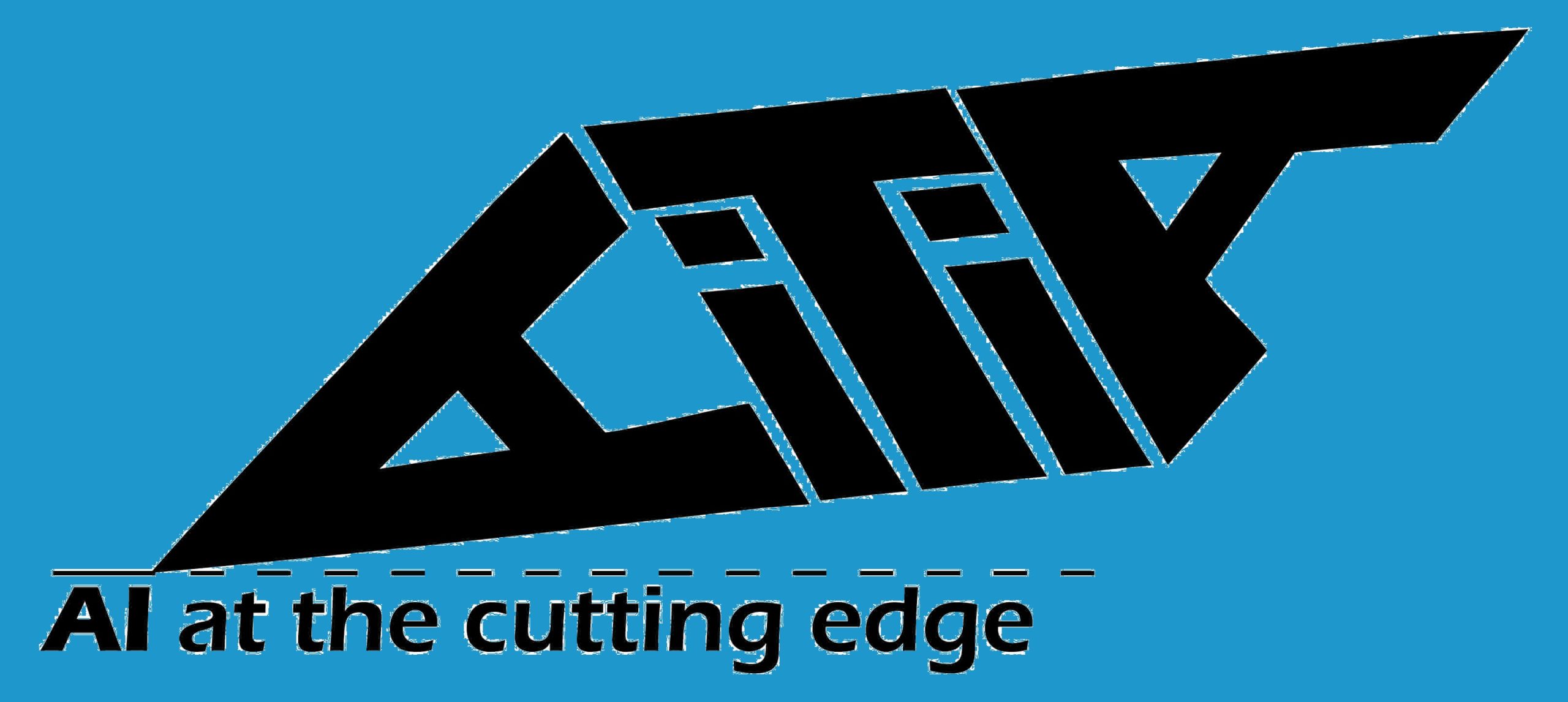New achievements in artificial machine learning are reported almost daily by the big firms. While those achievements are mainly based on high-end fast processing and massive data techniques, the potential of embedded machine learning techniques is still not understood well by the majority of the industrial players and SMEs. Nevertheless, the potential of machine learning, directly embedded in a device or system which is trained in an online or an offline fashion is perceived as very high.
This has led to a broad demand by industry and SMEs for a practical and applicationoriented feasibility study which helps them to understand the potential benefits but also the limitations of embedded Artificial Intelligence. Currently, the question where specific algorithms are realized, at the embedded device or in the cloud, is under discussion in several fields of applications. E.g. Xilinx supports the so called edge computing where algorithms are realized on FPGA based SoCs. On the other hand, they support also the high performance FPGA based cloud system with Amazon. Both realization alternatives have their pros and cons and need to be analyzed according the respective application domain. Furthermore, the realization in general on embedded systems is a crucial challenge for SMEs.
This project aims at developing and demonstrating ‘best practices for embedded AI’ by means of four relevant industrial case studies. In those case studies we will tackle several elements which are related to technology, safety and certifiability.
We will mainly focus on four application domains relevant to the European industry and SMEs:
- Embedded Security: Intrusion detection by AI in network routers
- Smart Sensing: Improving sensor accuracy by AI and detecting sensor-anomalies by AI
- Automotive and Mobile Robots: Machine Vision for Mobile Systems
- Industry 4.0: Machine Learning for Predictive Maintenance


The technological challenges which we will tackle are related to:
- The use of FPGAs as accelerators for embedded AI, bit-width optimizations, soft processors versus dedicated processors versus hard embedded processors, dynamic reconfiguration techniques, frameworks for FPGA AI code generation
- Certifiability of embedded AI techniques
- Safety aspects of AI in machines and smart objects
This project will be carried out by an international consortium of five partners:
- Vrije Universiteit Brussel (Belgium) – Prof. dr. ir. Abdellah Touhafi and Prof. dr. ir. Jan Lemeire
- KU Leuven (Belgium) – Prof. dr.ir. Nele Mentens and Prof. dr.ir. Toon Goedemé
- Brandenburg TU (Germany) – Prof. Dr.-Ing. habil. Michael Hübner
- TU-Dresden (Germany) – Prof. Dr.-Ing. Diana Göhringer
- Gesellschaft zur Förderung angewandter Informatik e.V. (GFaI), (Germany) – Dr. Frank Weckend

